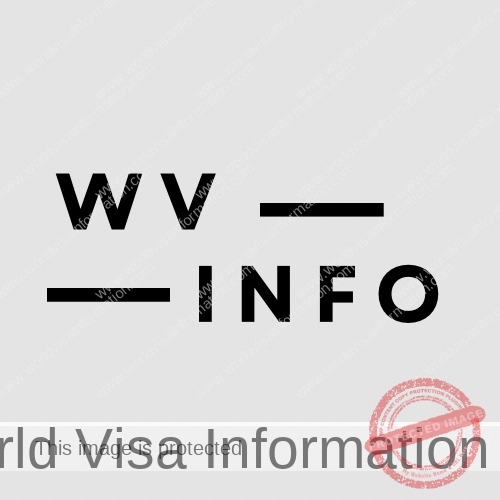In the fast-paced world of accounting, it is critical for professionals to stay current on the newest trends and advances in order to keep their practice competitive. The year 2023 ushers in various accounting developments that will have a big influence on Australian accountants. This blog post will present an overview of these developments and their ramifications for accountants, providing significant insights into the shifting Australian Accounting Trends 2023.
Introduction On Australian Accounting Trends 2023
Accounting is a critical role for firms because it provides financial information and insights that are required for decision-making and compliance. The accounting profession must adapt to be relevant and satisfy the changing demands of customers as technology progresses and the business landscape transforms. Here are some significant trends that will affect Australia’s accounting business in 2023.
Advertisements

Accounting Process Automation
Automation is transforming the accounting business by providing higher accuracy, efficiency, and the processing of massive volumes of data in a short period of time. Accounting software may perform routine chores like data input, freeing up accountants’ time to focus on more important duties like analysis and forecasting. Accounting teams may expedite procedures, decrease expenses, and improve data quality by adopting automation.
Accepting Remote Workforces
The epidemic has boosted remote work adoption, and organizations are increasingly supporting remote workforces. Cloud accounting systems and collaboration technologies enable accountants to work from anywhere and encourage seamless communication. Embracing remote work helps businesses to access talent that is not limited by geography and gives flexibility for both employees and clients.
Solutions for Tax Legislation and Compliance
Tax rules are always changing, and accountants must remain up to date on the newest developments to maintain their customers’ compliance. The use of cloud-based tax compliance solutions simplifies and enhances the tax filing procedure. Accountants must use technology to efficiently understand complicated tax regulations and give meaningful tax planning advice.
RPA, AI, Blockchain, and Neobanks: Embracing Technology
Robotic Process Automation (RPA), Artificial Intelligence (AI), Blockchain, and Neobanks are all revolutionizing the accounting profession. Accountants must keep up with developing technology in order to uncover possibilities for process optimization, data analysis, and secure transactions. Accounting firms may deliver creative solutions and improve customer experiences by embracing technology.
Balancing Automation and Human Intelligence
While automation has many advantages, human experience is still required in the accounting profession. Accountants must strike a balance between adopting automation technologies for routine operations and relying on their knowledge for complicated financial analysis, interpretation, and advising services. This equilibrium offers maximum efficiency and value for clients.
Continuous Learning and Skill Development
To survive in the changing accounting market, professionals must prioritize skill development and ongoing learning. Accountants should spend in learning about new technology, legislation, and best practices in their business. CPD programs and certifications assist accountants in remaining competitive and providing high-quality services to customers.
Conclusion On Australian Accounting Trends 2023
The accounting landscape in Australia is undergoing significant transformations driven by technological advancements, changing client expectations, and evolving regulatory requirements, and accountants must adapt and embrace these trends to stay relevant and deliver value-added services. From automation and outsourcing to cloud-based solutions, digital transformation is reshaping accounting processes.
FAQs On Australian Accounting Trends 2023
Q1: How can automation benefit accounting practices in Australia?
Automation can benefit accounting practices in Australia by improving efficiency, reducing costs, and freeing up time for value-added tasks such as forecasting and analysis. It enables accountants to streamline processes, enhance data accuracy, and deliver stronger outcomes for their clients.
Q2: What are the advantages of outsourcing accounting functions?
Outsourcing accounting functions offers advantages such as cost-effectiveness, capacity optimization, and the ability to focus on revenue-generating activities. It allows businesses to access a broader talent pool and provides value to both accountants/bookkeepers and various types of businesses.
Q3: How does cloud accounting contribute to the modernization of accounting practices?
Cloud accounting contributes to the modernization of accounting practices by providing real-time data access, seamless collaboration, enhanced security, scalability, and mobility. It enables accountants to work remotely, improve client experiences, and streamline workflows.
Q4: What are advisory services in accounting?
Advisory services in accounting involve providing strategic insights, financial planning, and guidance on business decisions to clients. Accountants leverage their expertise to help clients navigate complex financial landscapes, identify growth opportunities, and manage risks effectively.
Q5: How can blockchain technology revolutionize the accounting industry?
Blockchain technology can revolutionize the accounting industry by offering secure, transparent, and immutable record-keeping solutions. It ensures the integrity of financial transactions, simplifies compliance processes, and enhances the accuracy of financial reporting.
